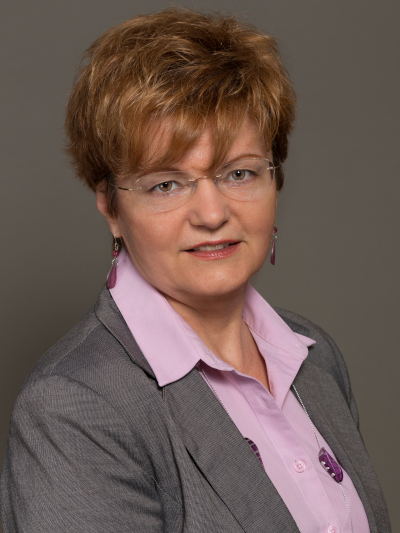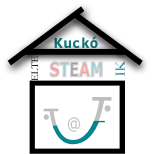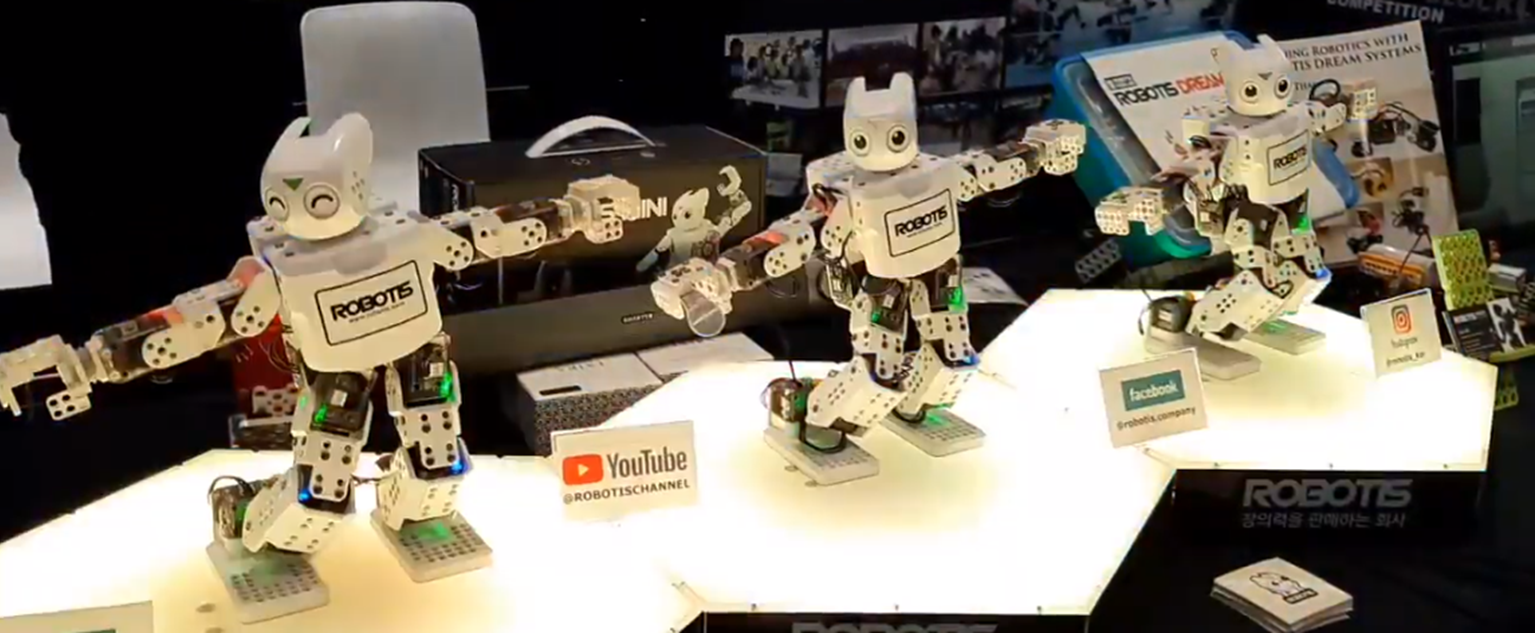In the fall semester of the 2022/2023 academic year, the EXPERIENCE INFORMATICS course will also start.
Course code: IKP-9272Meng
What is the aim of this on-line course?
The aim of this course is to prepare future teachers in the current generation become acquainted with 21 century technology through Experiential Informatics in order to progress with studies. Generally, to enable students from different disciplines to work together creating multidisciplinary challenges.
What is in the course?
First you will get to know what the basics and characteristics of “Experiential Informatics” are. You will be able to explore good practices and can share your own experiences with others as well as reflect on them.
Through the course, you will be able to get to know different types of technologies/methodologies, which can be built into your own educational activities, designed projects. You will be able to think together in Forums and share your experiences, questions, ideas.
In each module you will have to self-evaluate your progress and that of others.
Who should take this course, what competencies does it build?
Future teachers and practicing teachers as well as lecturers in higher education (or for that matter ANYONE), who would like to build their capacities in the following areas:
- go through experiential learning process to be able to do experiential teaching;
- get to know different digital applications and resources that could well be used in the learning and teaching processes;
- get to know and be fluent in using methods that lead to experiential learning;
- be able to make own choice as to how deep one wishes to enter coding and computational thinking within the tackled themes;
- be able to guide learners in a determined way to attain 21st century skills;
- be open to co-operate with others in projects and think together;
- be able to get along better on-line (and off-line) within the local and international community;
- be able to get along within multidisciplinary projects using technology and terms that come with it.
What are the requirements?
Basic computer and mobile use. One of the aims of the course is to facilitate Hungarian and international students to work together. You can use THESE tools to overcome language barriers.
With whom will you learn together?
Hungarian and international students to be future teachers, practicing teachers, lecturers and students from any other disciplines.
Who are the teachers, facilitators?
 |
|
| Dr. Márta Turcsányi-Szabó ELTE Faculty of Informatics, vice-dean for educational innovation |
Facilitators: Agócs Noémi (noemi.agocs@inf.elte.hu) |
When does it start-end, how much time does it require?
The course starts on 27th of February and ends on 21st of May.
Course completion requires about three hours per week. You have one or two weeks to finish each module. So it requires about the same amount of time as any normal course, but since it is ON-LINE, going through the course materials might need about an hour/module and doing the activities themselves might need two hours/module. IMPORTANT: no time constraints within the time frame of start to end!
What needs to be covered?
Not all the modules need to be done, but you have a choice for preferences, to make sure you dive into themes of your interest. The Introduction of each module states what has to be done and what needs to be read for completion.
Self-check tasks will not be evaluated, but will provide you with feedback on progress and advice on the way forward.
| Self-introduction – Compulsory (Opens on 27th of February) | |
| Experiential informatics – Compulsory (Opens on 6th of March)
Methodological model of Experiential Informatics. Viewing and analyzing good practices and ideas used in educational settings. |
|
| Problem-based learning – Compulsory (Opens on 13th of March)
Methodological and practical introduction to problem-based learning and and challenge-based learning as well as their use in education. Methodological model of problem-based learning, analysis of good practices and ideas. IMPORTANT: This modules requires 3-4 students to work together on a global challenge set by themselves, so it will need to be completed only by the end of the course! |
|
| You need to complete only 5 modules of your choice from those below (Opens on 13th of March): | |
| Educational applications
Introducing useful apps and resources for education both on the web or on mobiles and their alternatives. An easy way to create apps. Ideas on how to use it in education, example projects and good practices. |
Block programing with SCRATCH for beginners
Introducing the basics of block programming using Scratch environment. Ideas on hoe to use it in educational settings, example projects, good practices. |
| Animation development
Types of animations, methods of development. Ideas on how to use it in educational settings, example projects, good practices. |
Robotics
Introducing the basics of robotics and practical use. Ideas on how to use it in educational settings, example projects, good practices. . |
| QR experience
Introducing QR experience and its use in education. Structure of QR codes and how they can be modified creatively. Ideas on hoe to use it in educational settings, example projects, good practices. |
Physical extensions
Introducing the methodological basics of physical extensions for measuring and calculation. .Ideas on how to use it in educational settings, example projects, good practices. |
| AR experience
Introducing AR experience and its use in education. Types and alternatives of AR experiences. Use of AR with different media elements. Ideas on hoe to use it in educational settings, example projects, good practices. |
Micro:bits in education
Introducing micro:bits and their use through block programming. Ideas on how to use it in educational settings, example projects, good practices.
|
| VR experience
Introducing VR experience and its use in education. Types, resources, technology and alternatives for AR experiences. Ideas on how to use it in educational settings, example projects, good practices. |
Developing mobile apps
Developing mobile applications through an easy environment. Ideas on how to use it in educational settings, example projects, good practices. |
| General Applications
Plenty of applications can help our everyday lives if we know when to use them. In the General Applications section, we learn about an application that helps you solve multiple situations, from helping you to work to living a healthy life. In the material section, we create creative, cross-application projects and help simplify the various processes. |
Arduino
You can learn the basics of Arduino programming, create your first Arduino project. The chapter will help you get started in the world of Arduino, showcase sample sessions, enrich you with creative ideas, and open the door to microelectronics and automation. |
| Collaborative tools
Since the advent of online work and education, communication on the Internet has become particularly important. The module helps to categorize the most popular Internet and downloadable programs for online meetings, and details the features and definitions related to the topic. |
RaspberryPi
This chapter introduces you to the basics of RaspberryPi, helping you get started in the world of RaspberryPi programming. It presents interesting, exciting projects, enriches it with creative ideas and development opportunities. You can also find a new robot based on RasperryPi. |
| Mobile Graphics
We are increasingly trying to produce more visual content for our social sites, and as a result, many very useful and versatile image editing and manipulation applications have appeared, just look at the toolbar of the internal editors of image sharing platforms! The module introduces participants to the most widely used image editing apps. |
Additional modules are available in an optional form! |
| REFLECTIONS – COMPULSORY (Opens on 15th of May) | |
Color coding indicates: COMPULSORY modules, application use, or coding need within modules.
A module can be considered completed, if you managed to attain at least half of the maximum points. The course can be considered as finished, if you finish all COMPULSORY modules and 5 other modules of choice are also completed from the table above.
Final grade will be given according to the percentage of completion:
more than 80%= 5, 70%= 4, 60%= 3, 50%= 2
Is there possibility for consultation?
On-line consultation is possible in the Forums of each module.
We also provide possibilities for practical personal consultations and use of technology on Friday mornings 9-12 a.m. at the Faculty of Informatics STEAM Kuckó, North Building 7.64 (it is on the 7th floor). Come, it’s community driven event and others will help you!
In person consultation on Friday mornings 9-10 a.m. only available if you let the instructors know till Wednesday at 6 p.m via e-mail.
The course development was financed for EFOP-3.4.3-16-2016-00011 funds.


